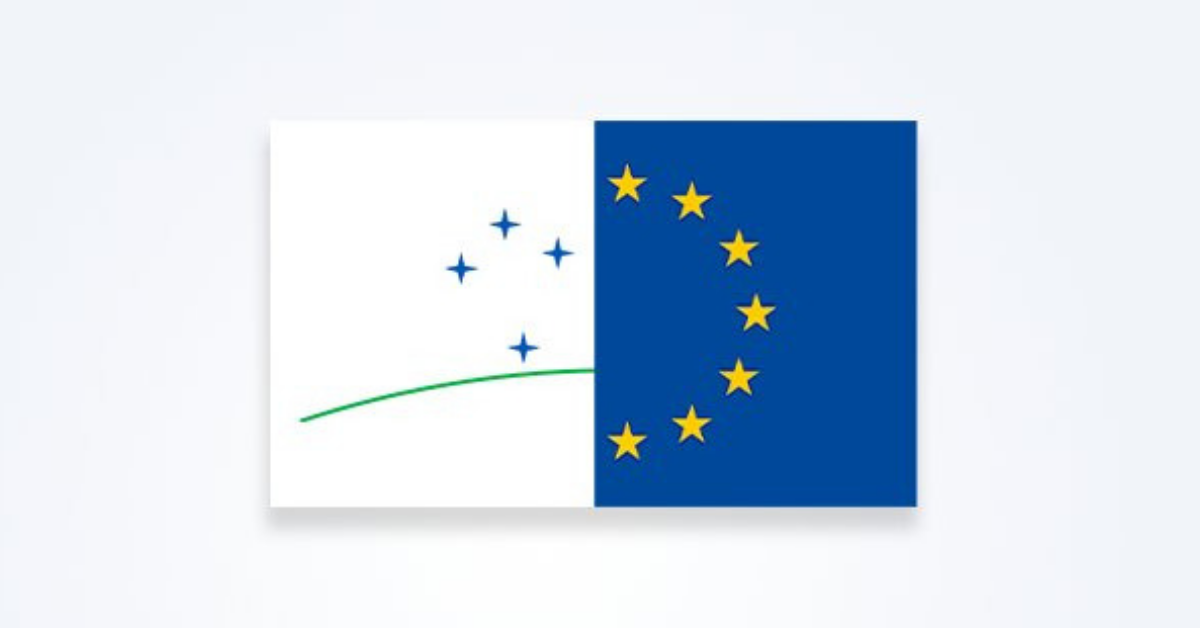A double-edged sword: The climate politics of the Mercosur-EU Agreement
Por Adriana Erthal Abdenur
Published on Climate Diplomacy
If ratified, the Mercosur-EU trade deal may reinforce the parties’ commitment to climate action. Yet, its potential relevance is weakened by a language that often stops short of concrete commitments, as well as by political resistance.
On 28 June, 2019, the South American trade bloc Mercosur (Argentina, Brazil, Paraguay and Uruguay) and the European Union announced that they had reached a political agreement for a trade deal. The agreement was hailed as an important landmark in one of the world’s longest-running trade negotiations, which began over 20 years ago. In establishing the foundations for a market for goods and services that comprises nearly a quarter of the globe’s gross domestic product, the deal will affect almost 800 million people living in Mercosur and EU countries. In terms of tariff reduction alone, the pact – which removes most tariffs between the two blocs – represents the single largest deal in the history of both Mercosur and the EU.
However, the agreement goes beyond tariff reductions for items such as European cars and South American beef and poultry; it also includes access to public procurement contracts, legal protection for special products such as regional food specialties, and greater freedom to provide services. At a political level, the agreement also sends a strong message that economies are still willing to open up via international cooperation despite the resurgence of strong nationalist discourses and consistent attacks on multilateralism, including from leaders from within the blocs.




